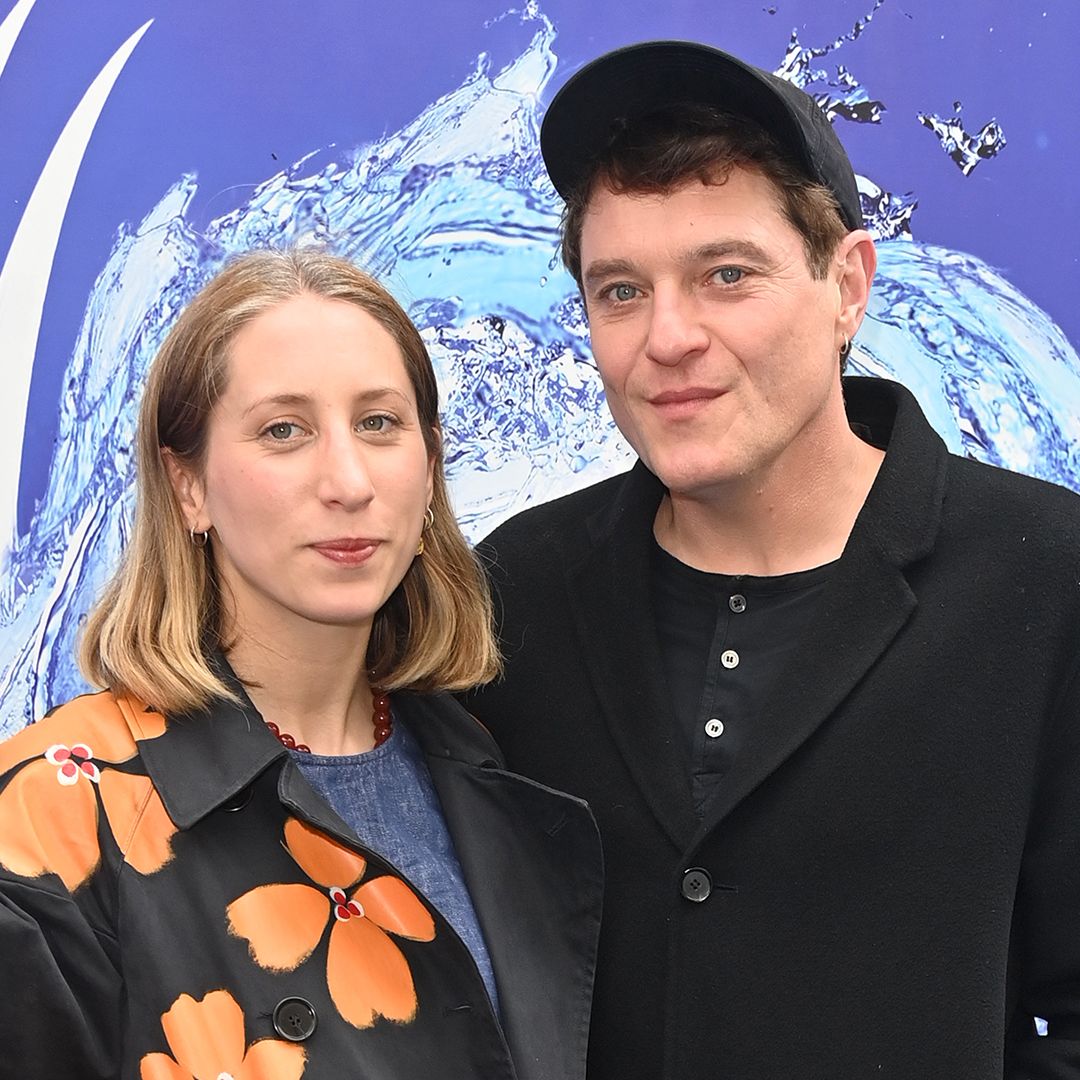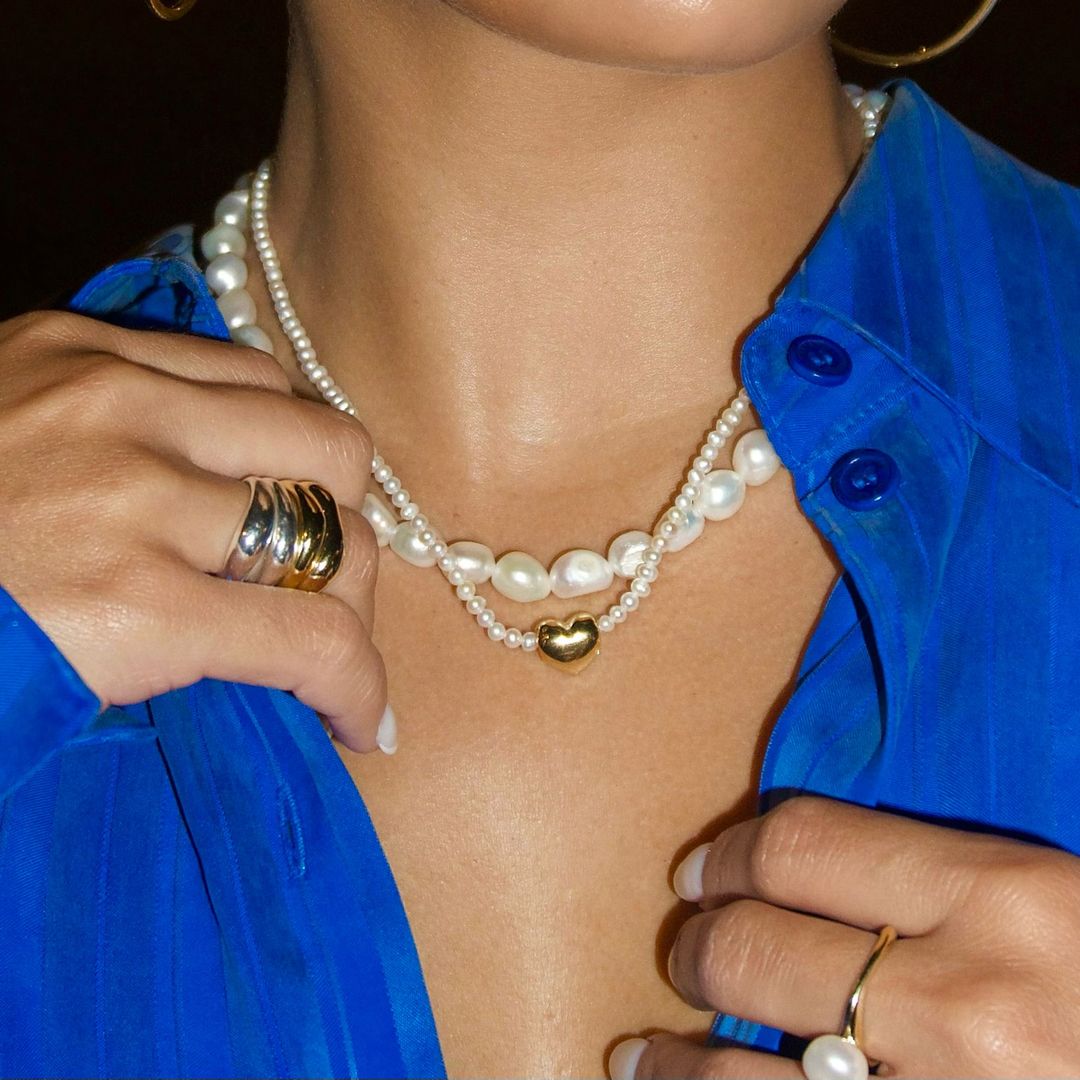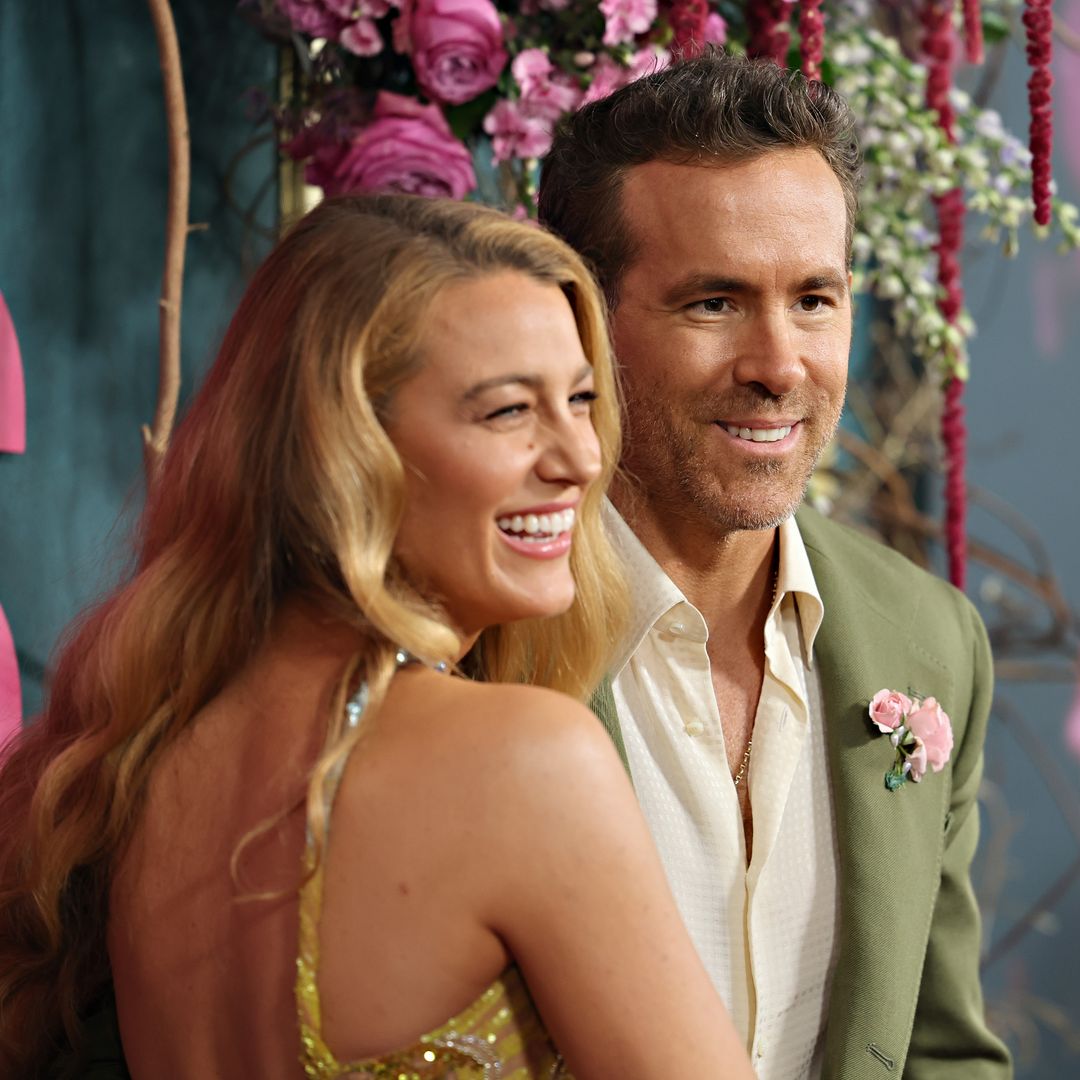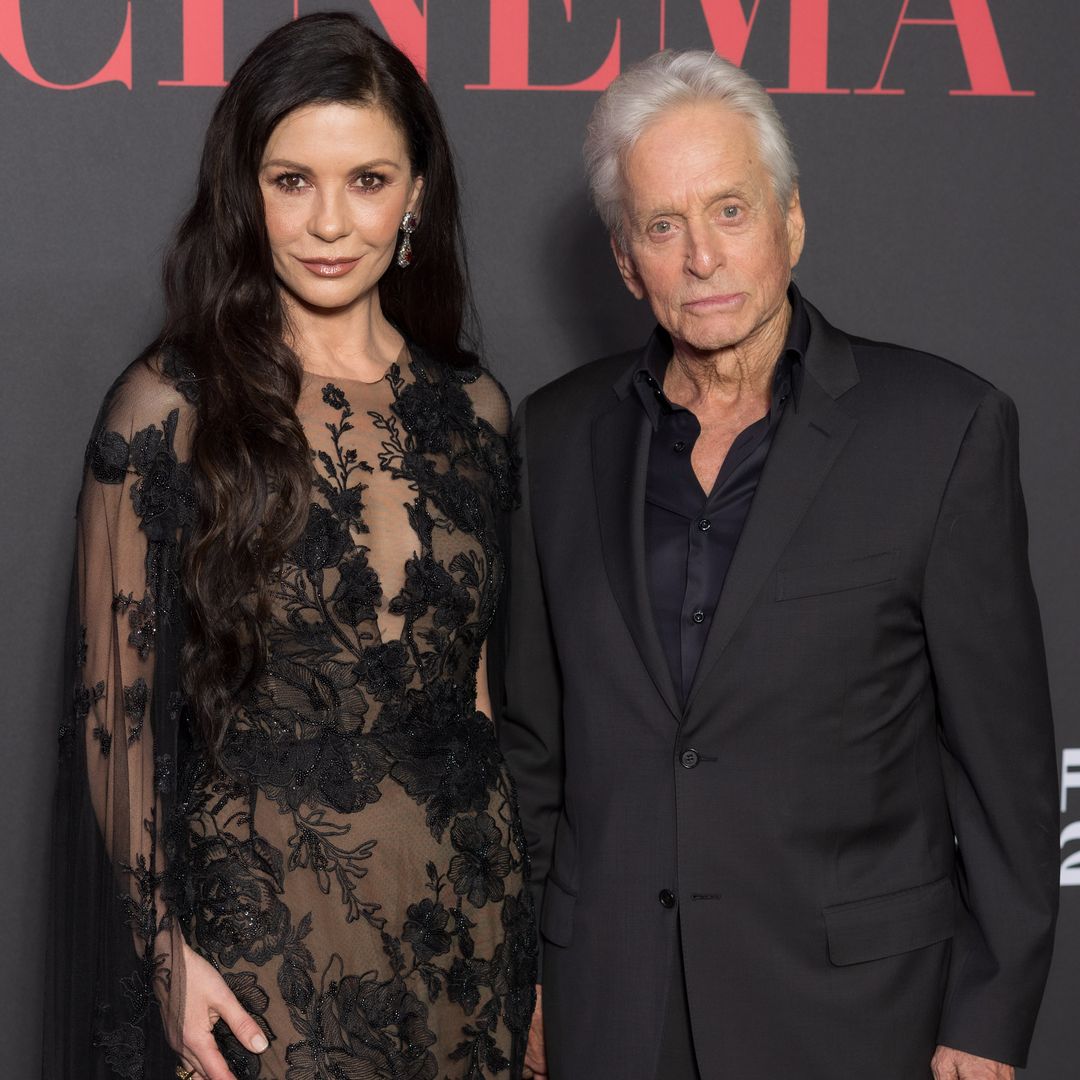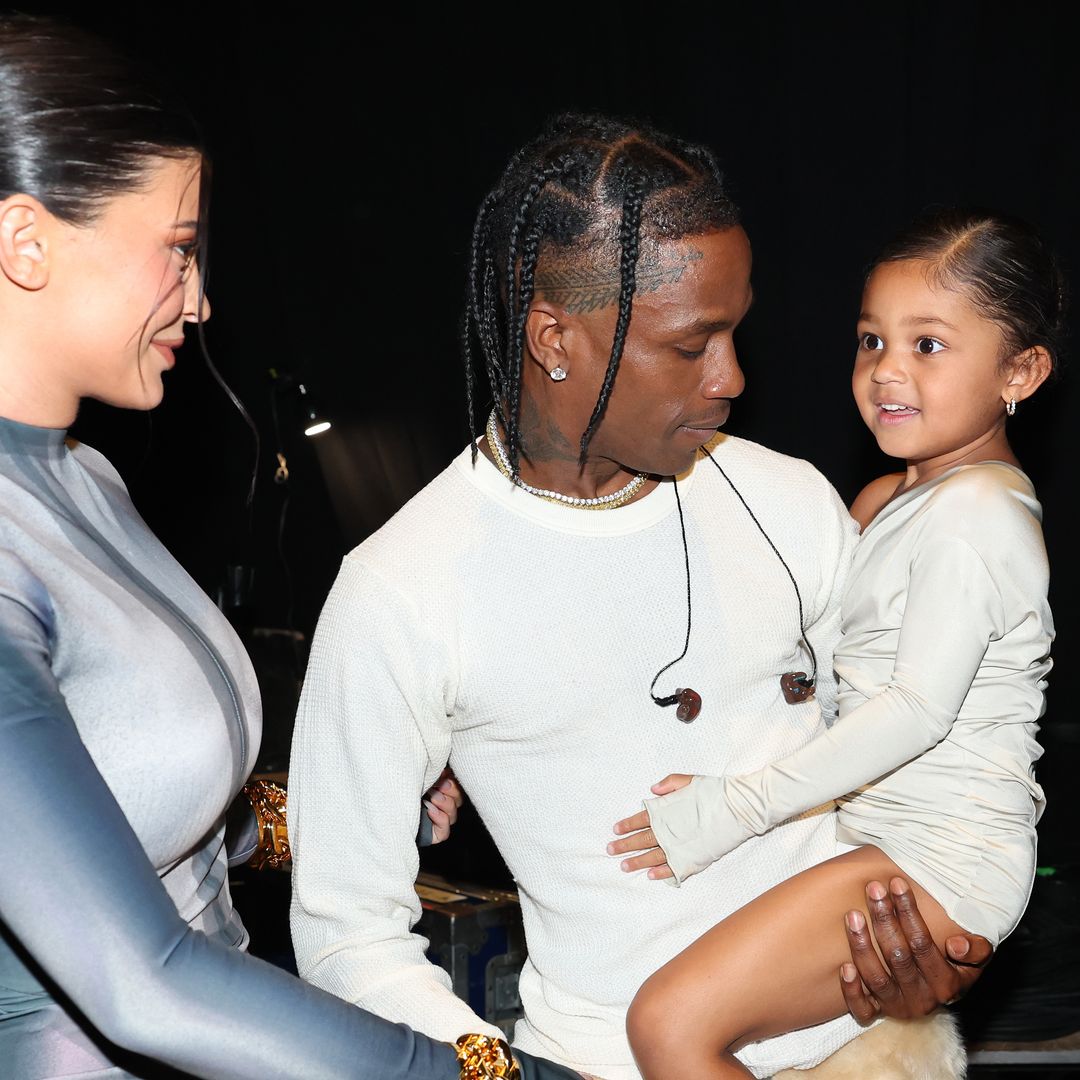Ruth Handler, creator of Barbie, the curvaceous doll who became so immensely popular that 90% of American girls have owned one, died on Saturday at the age of 85. For her creator, the innovative doll “represented the fact that a woman has choices”.
The Barbie doll had its inspiration in Handler´s daughter Barbara´s habit of playing with cut-outs of adult women. Ruth saw that children wanted something more than to mother dolls of babies, and decided to create the ultra-feminine doll as a figure to aspire to, naming it after her daughter. She pictured children "using the dolls to project their dreams of their own futures as adult women." Barbie was launched at the American Toy Fair in 1959.
The wasp-waisted doll inspired pop songs as well as some controversy over her unlikely proportions: she would measure 39-18-33 if she were 5’6" tall. Barbie has gained a boyfriend, named after Ruth Handler´s son Ken, and a sister, Skipper. Her many incarnations cover different ethnic groups and all kinds of occupation from presidential candidate to astronaut. The dolls have become highly valued collectors' items - a porcelain Barbie can sell for $500.
Born in Denver, Colorado, Ruth Handler was the daughter of Polish Jewish immigrants and the youngest of 10. She moved to Hollywood at 19 and married her childhood sweetheart Elliot Handler the following year. The couple co-founded Mattel Inc. with partner Harold Matson in 1942. Today, the company has sold more than a billion dolls in 150 countries and its business is worth about $2 billion a year.
Following a bout with breast cancer, Ruth founded the Rushton Corporation, which manufactures prosthetic breasts. She became a spokesperson for the early detection of the disease, which was not broadly publicised in the 1970s.
Ruth enjoyed a fair amount of fame herself, and was constantly asked for autographs. The icon which she had created and the inspiring ethos which lay behind it was something which many people have identified with. In a 1994 autobiography, Dream Doll, Ruth Handler wrote "My whole philosophy of Barbie was that through the doll, the little girl could be anything she wanted to become."
 Photo: © Alphapress.com
Photo: © Alphapress.com
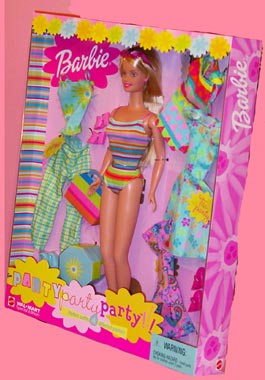 Photo: © Alphapress.com
Photo: © Alphapress.com

